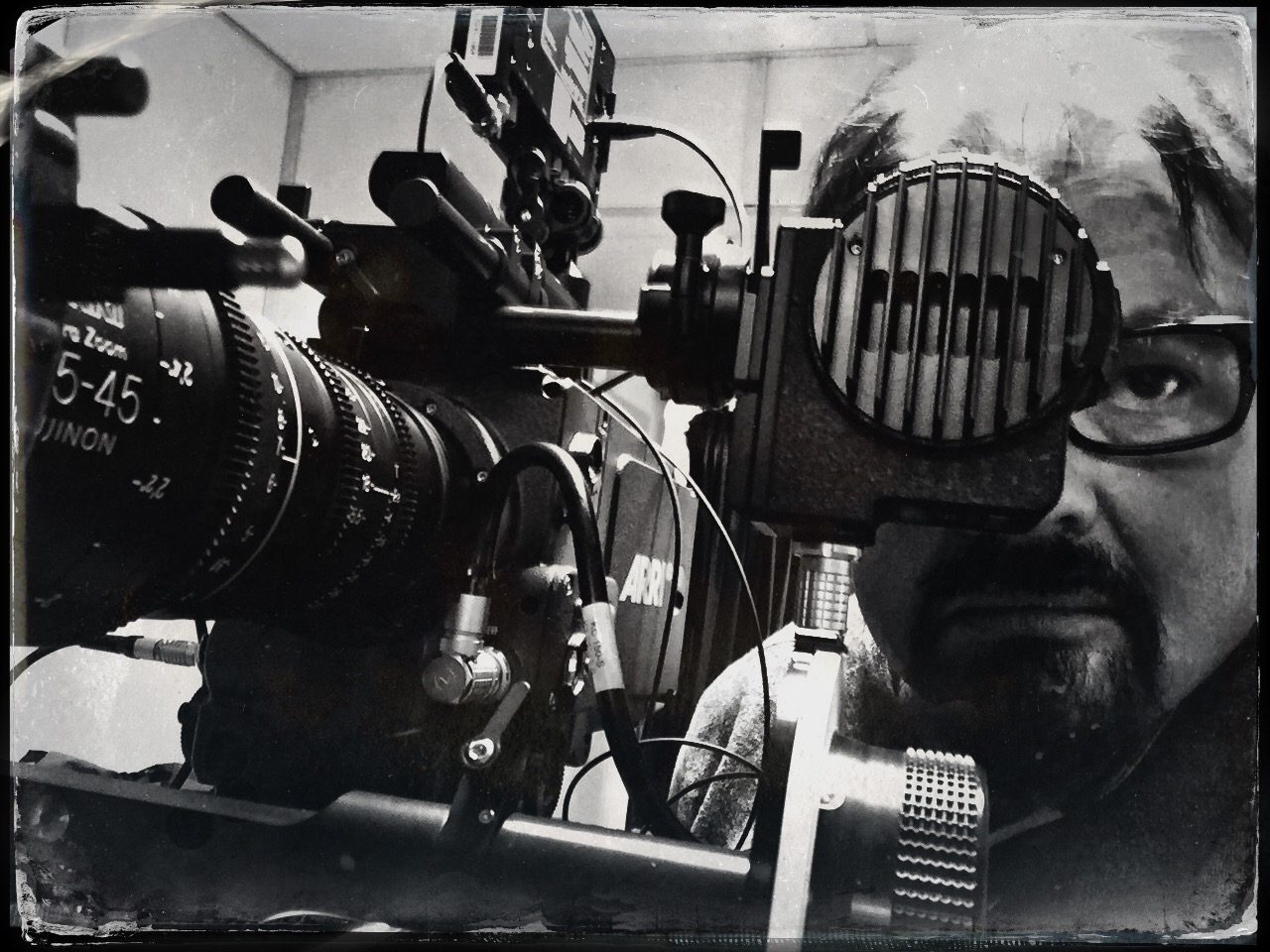Cinema and Memory
Documentary Film: pre-production
Film production meeting with potential professional advisors on current dementia research for people living with dementia. Very positive meeting with Dr Siobhan Reilly at Lancaster University who expressed interest in my film project and agreeing to appear as an expert in my documentary film. We also discussed other potential experts who would also be willing to appear in the film.
FASS510: Qualitative Research Methods: Focus Groups. Interestingly I picked up on using existing groups to adapt as focus groups. In my case this would mean joining in with dementia specific groups and conducting interviews very much as you would in a focus group as the mediator each question moving the discussion on and of course making sure that it stays on tracks and no one hogs the discussion.
Literary Review progress
Made some good progress on the Literary review, identified a key book and this has opened the door to further research. Also discovered that a book I thought would be very insightful turned out to be the opposite as I had already identified the key concepts and the rest of the book just reinforced this concept.
Key theory? Cinema and Memory Annette Kuhn?
The journey begins where personal and collective memory meet in stories about cinema and cinemagoing and about what these meant, and still mean, in the lives of the first movie-made generation – those men and women who grew up in the 1930s, when ‘going to the pictures’ was Britain’s favourite spare-time activity. (Kuhn: 1)
For the majority going to the pictures is remembered as being less about films and stars than about daily and weekly routine neighbourhood comings and goings and organising spare time. Cinemagoing is remembered, that is, as part of the fabric of daily life, and 1930 Cinemagoers paint a Iively picture of cinema’s role in their young lives. But if everyone has something to say about how they grew up with cinema, they all have different stories to tell and different ways of telling them. (Kuhn: 100)


